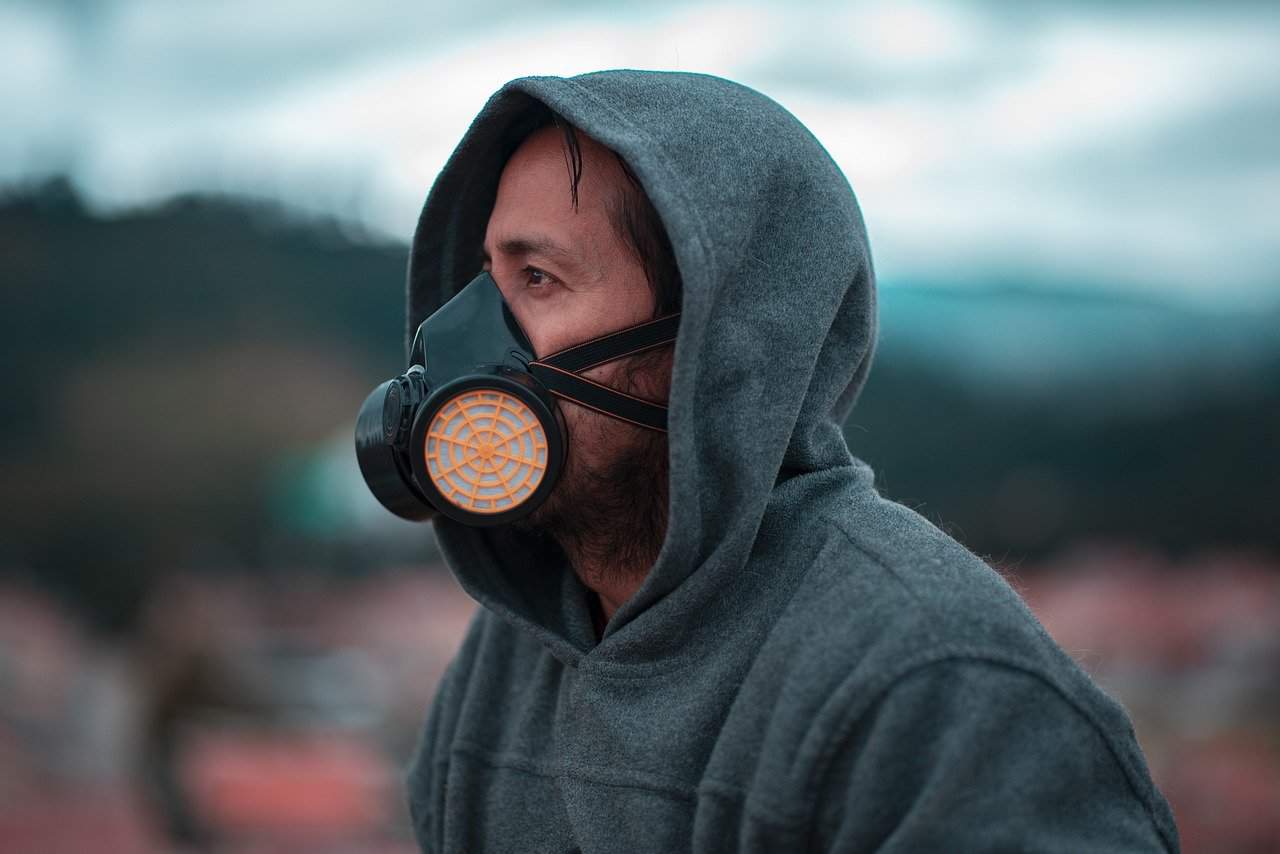Many hospitals in the U.S. had reduced the number of autopsies until they realized that these procedures provided crucial information to improve COVID-19 treatments. The way the virus attacks the lungs, brain and heart, among others, were understood only by consulting the bodies of the victims.
Dozens and dozens of police series and films have made it possible for almost no one in the world to be unaware of the importance that an autopsy can have in clarifying the causes of a crime. The time of death, the murder weapon, the identity of the attacker and even if there was a previous struggle are some of the elements that a forensic doctor can provide investigators when examining the body of a victim.
But it’s not the only case where an autopsy can be crucial. Less reflected in fiction, autopsies of patients dying from the disease often provide key information for doctors to better understand the disease that caused the deaths. In the midst of a never-ending COVID-19 pandemic, autopsies on the deceased have a role to play.
An article published by the Undark portal and collected by Smithsonian Magazine tells how autopsies performed by the U.S. doctors on patients who died of COVID-19 revealed data that health professionals themselves were not expecting.
One of the most remarkable findings made by the team of Mary Fowkes, a forensic pathologist at Mount Sinai Hospital in New York, was that the first 17 deaths from the new coronavirus that were analyzed that Covid-19 was causing blood clots all over the body. Four of them had died of pulmonary emboli after the blood vessels in the lungs become blocked.
Fowkes explained that the finding changed the way patients were treated. The following people being treated for COVID-19 were given clot-reducing medication. The treatment was successful and, although patients continued to die, the bodies were no longer causing blood clots all over the body.
The team also managed to verify the involvement of COVID-19 in the brain when they identified the virus within the frontal lobe of patients who, in life, had manifested confusion and loss of smell.
The autopsies also allowed doctors to correct some diagnoses about how the virus was attacking the heart and even to find some underlying diseases that become more dangerous by acting together with the coronavirus.
Based on the findings, many US hospitals began to increase the number of autopsies performed on patients, a practice that had been declining in recent decades due to more flexible regulations, improvements in imaging, and the desire to save costs.
